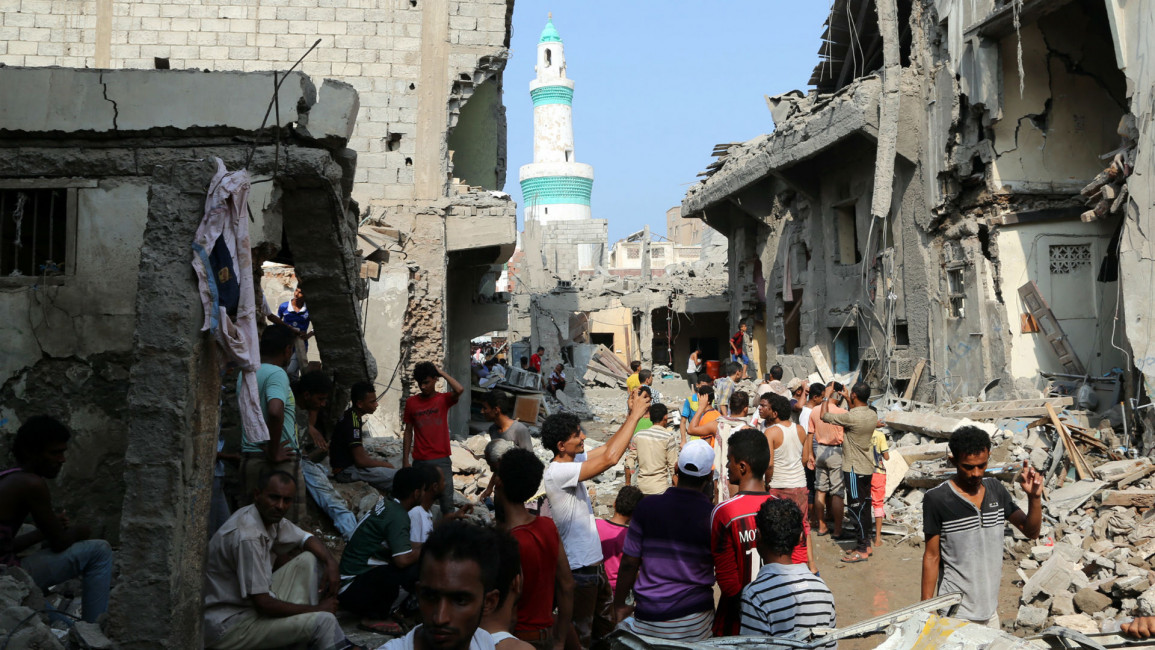Saudi-led coalition airstrikes in Yemen kill 23
At least 23 people were killed in Saudi-led coalition airstrikes in the port city of Hodeidah, Yemeni witnesses and security officials said on Monday.
Eight others were wounded in a blaze that erupted in a market after the strikes targeted a nearby petrol station in el-Garrahi district, they said.
The witnesses and officials spoke on condition of anonymity because they feared retaliation or weren’t authorised to brief reporters.
International rights groups have accused the coalition of bombing civilian gatherings, markets, hospitals and residential areas across Yemen since the beginning of its air campaign against Houthi rebels in March 2015.
On Friday, US Defence Secretary James Mattis said the US is determined to reduce the number of civilian casualties in the Saudi-led campaign against rebels in Yemen and will press ahead with efforts to train Saudi pilots to identify legitimate targets.
His comments to reporters at the Pentagon followed a UN report on Thursday that said more than 100 civilians had been killed in airstrikes in Yemen in just the past 10 days.
"We are going to continue to train them how to do target identification, try to get their capabilities up in those areas. We're going to continue to work with their pilots and explain how you do bombing runs, that sort of thing," Mattis said.
"Anything we can do to limit the civilian casualties, we will be doing ... We are going to try to make that military of the Saudis more capable of carrying out what they find to be their military necessity without killing innocents."
At the same time, he blamed the Houthi rebels - who took over Yemen's capital city Sanaa in September 2014 - for stockpiling weapons in residential areas, which he said was not a sign that they care about the safety of civilians.
More than 10,000 people - over half of them civilians - have been killed since the coalition intervened in 2015.
The fighting has caused a humanitarian catastrophe which the UN says is the world's worst, pushing seven million people to the brink of famine and sparking a cholera outbreak that the World Health Organisation says has killed 2,000 people.


![President Pezeshkian has denounced Israel's attacks on Lebanon [Getty]](/sites/default/files/styles/image_684x385/public/2173482924.jpeg?h=a5f2f23a&itok=q3evVtko)



 Follow the Middle East's top stories in English at The New Arab on Google News
Follow the Middle East's top stories in English at The New Arab on Google News


